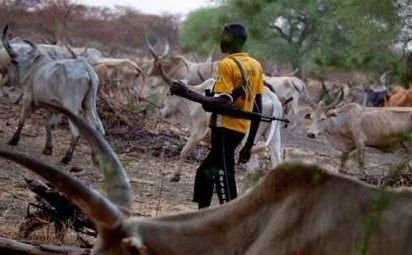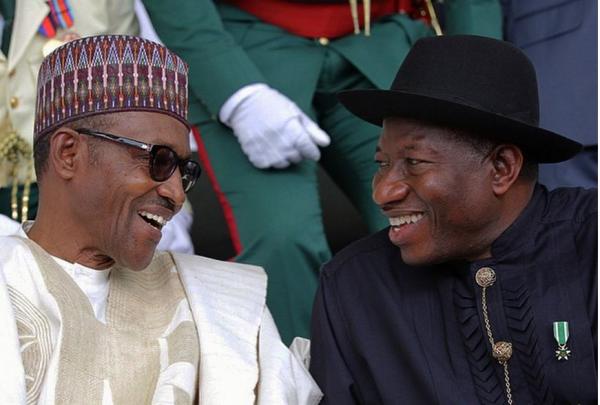Preventing Ethnic Clashes; Major Concern Of Government By Nofisat Marindoti


What every Nation and State should take utmost care of is preventing clashes amongst the Ethnic groups in it. Not only does such clashes destroy life and properties, it is also a threat to the peace of such State and Nation.
It has also been generally agreed that ethnic conflicts are one of the greatest obstacles to meaningful development in a country due to it negative outcomes.
Sadly, from time immemorial, ethnic tribes within a community have always been at each others throat, eventually leading to clashes.
Nigeria has not been an exception as the country, being particularly multilingual, has witnessed several ethnic clashes.
Causes of such clashes have been said to have generated from the scarcity of political resources, multi-culturalism, religion, militarisation of ethnicity, poverty, among others.
From the clashes between the three ethnic groups that make up the ancient oil town of Warri – the Ijaws and Urhobos and the Itsekiris which left scars, visible and invisible some of which were corpses, burnt out houses and the desolated streets to Ondo State, where there was a replay of the Warri mayhem as the Ijaws and Ilajes, went for each other’s throat with the consequent loss of hundreds of lives and property.
In most cases, whole villages were razed. Even in the riverine areas like the farming communities of Aguleri and Umuleri in Anambra State, the story is the same. The conflict, over land, is not new. It happened in 1933, 1964 and 1995 but the one in 1999 assumed dangerous proportions with thousands of lives and properties destroyed, as more sophisticated weapons were used.
All across Nigeria, there is an ever-lengthening thread of ethnic violence, from Ife/Modakeke, to Ogoni and Andonis, to Sagamu, Kano, Zango-Kataf and Jukuns versus the Tivs, the list is inexhaustible.
Another recent example of such clashes was that of Ile-Ife in the State of Osun which occurred on the 8th of March, 2017; when the people of the State woke up to the sad news that the Hausa and Yoruba residents of the town were having a bloody clash!
What was taken to be a little disagreement between a Yoruba woman and an Hausa man the day before had taken a bad dimension leaving not less than 46 people killed and millions of properties destroyed.
Another source had had it that the trouble started when an Hausa man living in Sabo area of the town was allegedly accused of having love affair with the wife of an Ife man who reportedly went over-board when he discovered what happened.
While the crises lasted, apart from the bonfires made on roads, dangerous weapons such as daggers, guns, clubs, arrows, cutlasses and swords were freely used in a free for all battle between the two warring tribes.
Some of the persons killed in the mayhem were said to have been burnt or badly clubbed to death.
Though kudos should be given to the State Government for its timely intervention and the adequate measures put in place to prevent a reprisal attack and other forms of clash among the ethnic groups in the state.
It is however, generally believed that prevention is totally better than cure and that is more the reason States Government are strongly advised to maintain peace and make it a top priority preventing ethnic clashes.
A troubled country is an unsafe one. Ethnic clashes, apart from hindering development, creates a troubled country.
As much as Government at the various levels should see to ensuring peace among its residents, it behoves on the individual to also imbibe the spirit of tolerance and brotherhood.










